You’ve probably heard of burnout, and you’ve probably felt it before.
When you’re burnt out you may feel emotionally drained and depleted of emotional resources.
You might start to develop a cynical attitude toward your job and the people associated with it.
You might feel incompetent and inadequate, leading to a reduced feeling of personal accomplishment.
These three components—emotional exhaustion, depersonalization [cynicism], and reduced personal accomplishment—collectively contribute to the overall experience of burnout.
The impact of burnout can be profound and far-reaching, affecting individuals, organizations, and society as a whole. Burnout can lead to physical health problems, is closely linked to mental health issues, can impair cognitive functions, negatively impacts work performance, and can strain relationships.
The benefits of addressing and reducing burnout are immense. Addressing and reducing burnout can:
protect your physical and mental health, reducing the risk of chronic illnesses and mental health disorders, leading to a healthier and more balanced life;
help you maintain high levels of productivity, creativity, and innovation, enhancing job satisfaction and leading to better career outcomes;
help organizations retain talented employees and foster a positive work environment where employees feel valued and supported;
improve interpersonal relationships, both at work and at home; and
help you achieve a better work-life balance, leading to greater overall satisfaction and quality of life.
The Antidote to Burnout is Self-Care

Self-care is a holistic practice that encompasses various aspects of well-being.
To help combat burnout, there are six forms of self-care I like to rotate during the week (e.g., Physical Self-Care Monday, Emotional Self-Care Tuesday). The key is that each day you commit to at least one self-care activity intentionally. On busy days, an intentional act of self-care can take less than 5 minutes.
I encourage you to designate one activity to do in a category for each day of week, and then on Sunday, repeat one area that you think you need most, or the area that is your favorite.
Physical Self-Care helps improve energy levels, reduce stress, and enhance overall physical health. Activities include regular exercise, a balanced diet, adequate sleep, proper hydration, and attending medical appointments.
Emotional Self-Care helps in managing stress, improving mood, and fostering emotional resilience. Activities include expressing your feelings, practicing self-compassion, setting boundaries, seeking therapy, and engaging in activities that bring joy and relaxation.
Mental Self-Care helps in maintaining mental sharpness, reducing anxiety, and promoting a sense of accomplishment. Activities include reading, solving puzzles, learning new skills, engaging in creative activities, and practicing mindfulness or meditation.
Social Self-Care provides a sense of belonging, emotional support, and strengthens interpersonal relationships. Activities include spending time with loved ones, participating in social activities, seeking support from friends and family, and fostering meaningful connections.
Spiritual Self-Care helps in finding inner peace, enhancing self-awareness, and fostering a deeper connection to the world around you. Activities include practices such as meditation, prayer, spending time in nature, reflecting on personal values, and participating in religious or spiritual activities.
Professional Self-Care helps in preventing burnout, reducing work-related stress, and promoting career growth. Activities include setting boundaries at work, taking breaks, pursuing professional development, managing time effectively, and seeking a supportive work environment.
By incorporating these six forms of self-care into your routine, you can enhance your overall well-being and lead a more balanced and fulfilling life.
You can learn all about how to go from burnout to thriving in my latest podcast episode. Download here on Substack, listen on Apple or Spotify, or watch the video podcast on YouTube.
Want to Continue to Develop Tools for Self-Care, Improve Confidence and Foster Resilience?
Give these extraordinary TEDx talks a watch. I am so proud of my colleagues from the class of TEDxReno 2024. Each of them share such valuable experiences and I think you’ll enjoy them too.
Leadership in Challenging Times | Leif Babin | TEDxReno
How to recognize a master manipulator | Dan Jones | TEDxReno
Why you feel younger (or older) than your age | Tracey Gendron | TEDxReno
How to build trust in seconds | Adrienne Bankert | TEDxReno
How to ask for more—and get it | Alex Carter | TEDxReno
Order The New Rules of Attachment here: https://bit.ly/3MvuvvF
Take my Attachment Styles Quiz!
About me:
Dr. Judy Ho, Ph. D., ABPP, ABPdN is a triple board certified and licensed Clinical and Forensic Neuropsychologist, a tenured Associate Professor at Pepperdine University, television and podcast host, and author of Stop Self-Sabotage. An avid researcher and a two-time recipient of the National Institute of Mental Health Services Research Award, Dr. Judy maintains a private practice where she specializes in comprehensive neuropsychological evaluations and expert witness work. She is often called on by the media as an expert psychologist and is also a sought after public speaker for universities, businesses, and organizations.
Dr. Judy received her bachelor's degrees in Psychology and Business Administration from UC Berkeley, and her masters and doctorate from SDSU/UCSD Joint Doctoral Program in Clinical Psychology. She completed a National Institute of Mental Health sponsored fellowship at UCLA's Semel Institute.




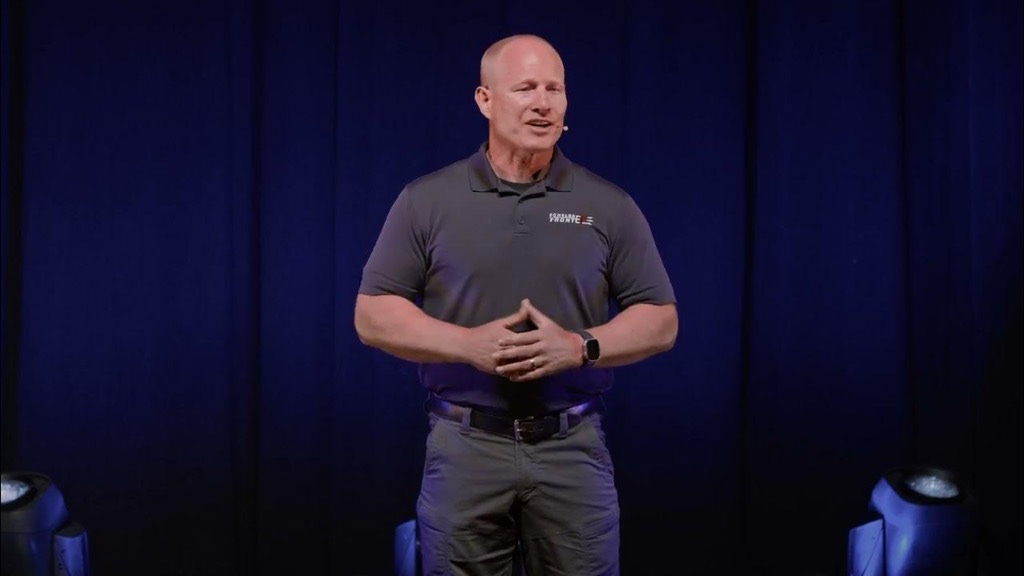
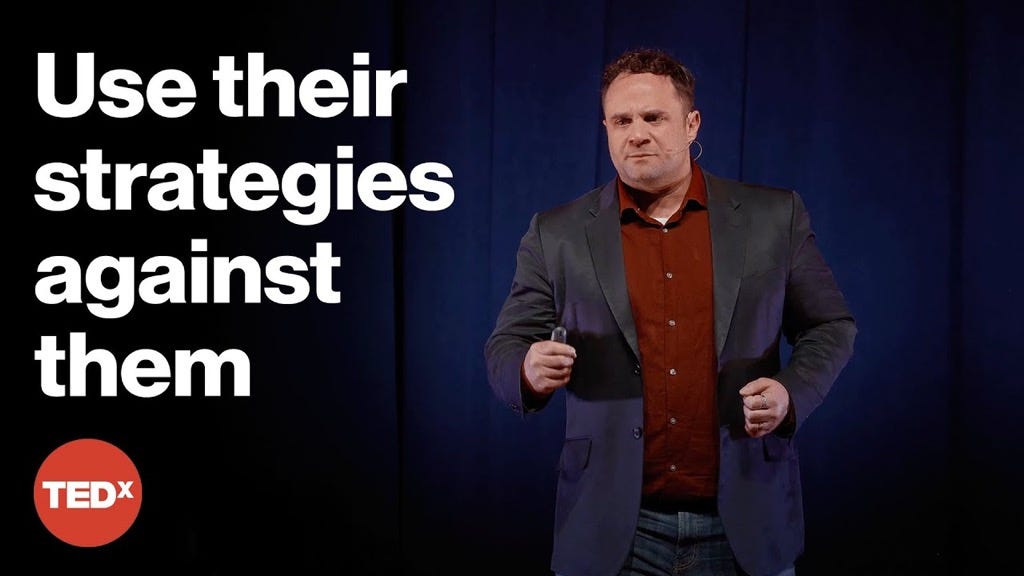
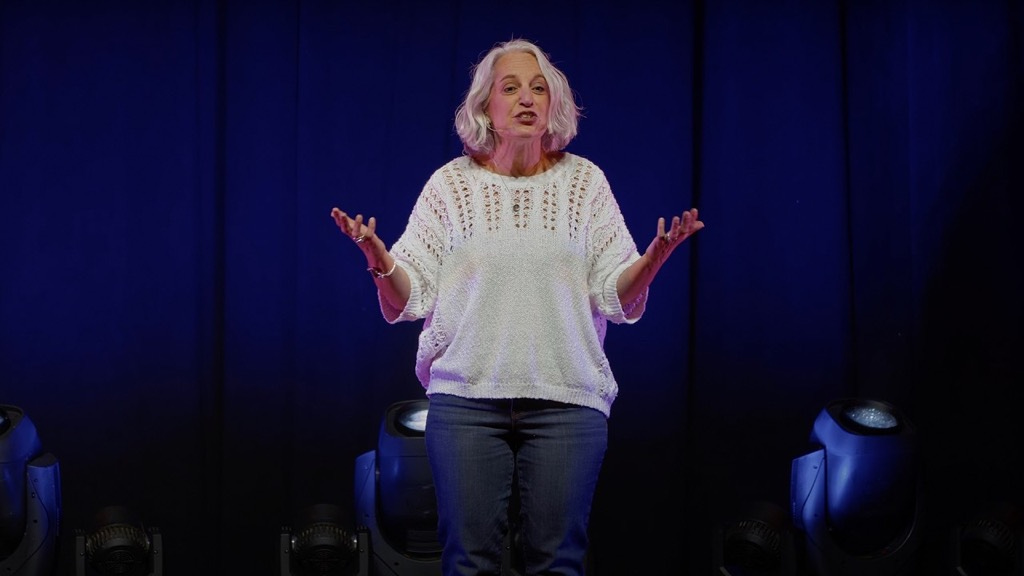
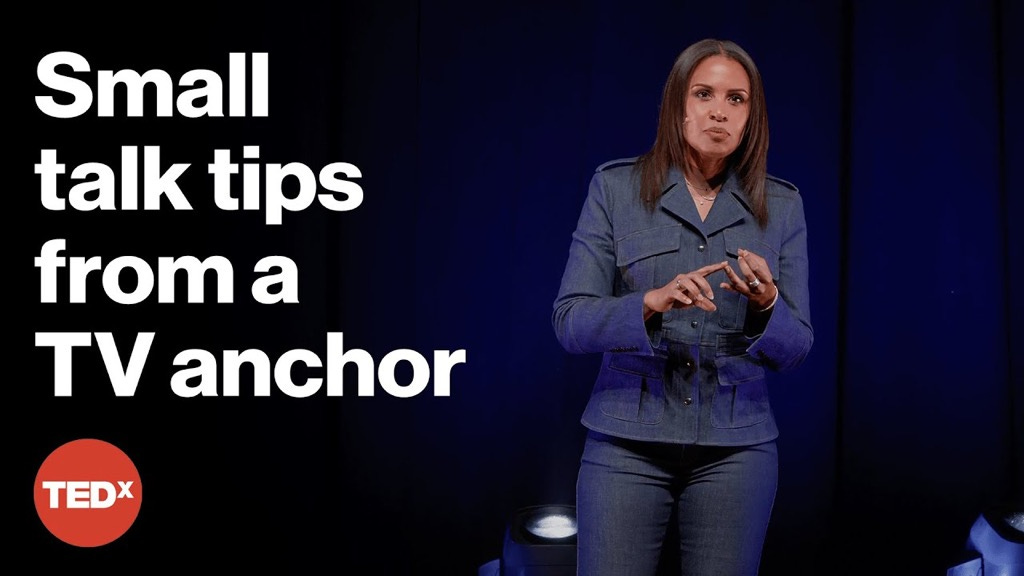
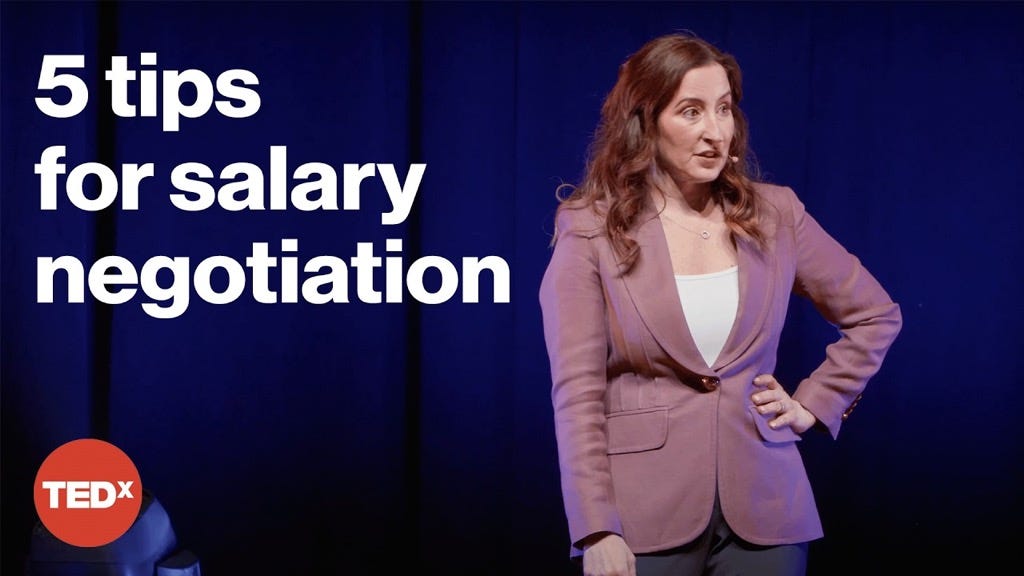
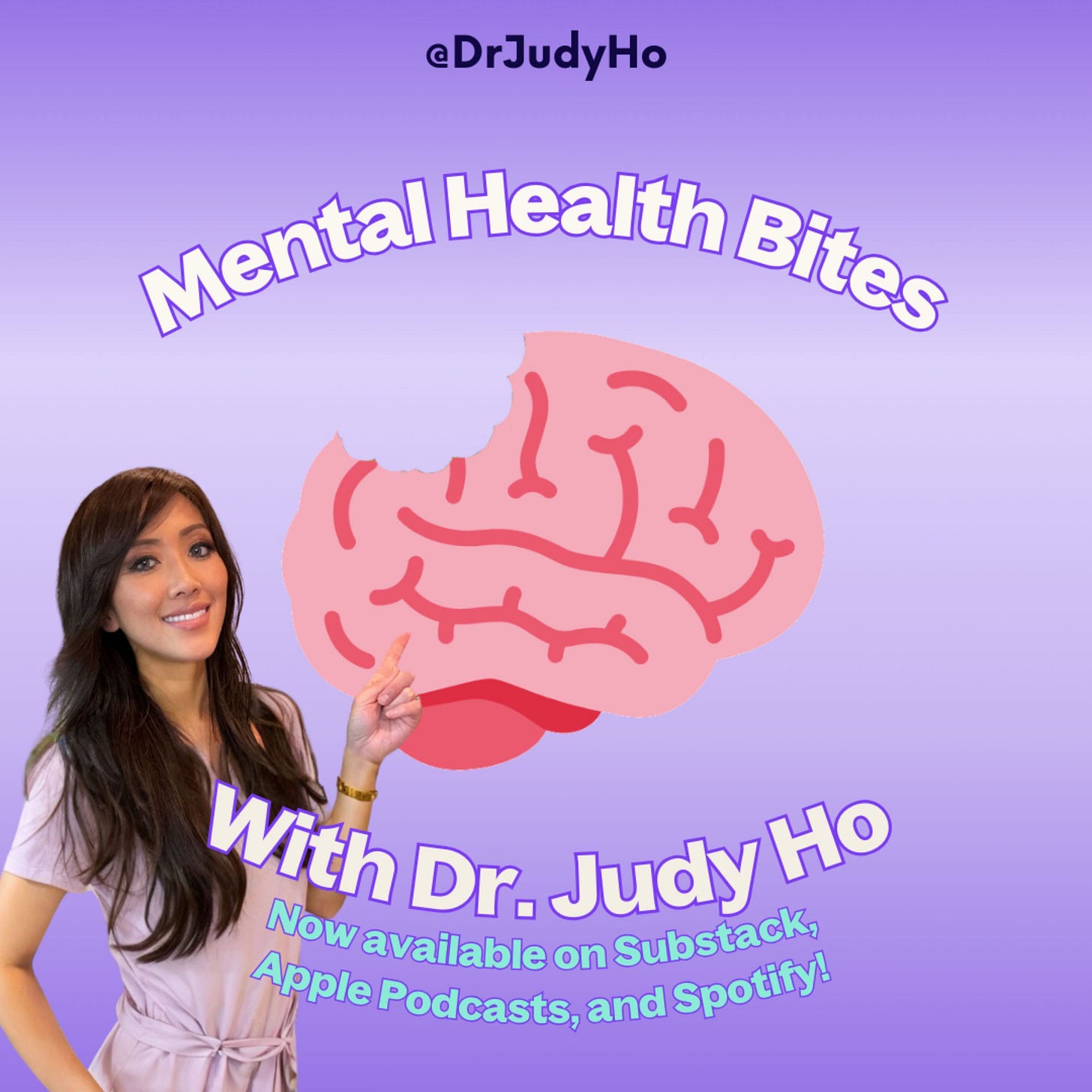









Share this post